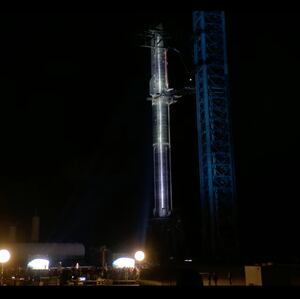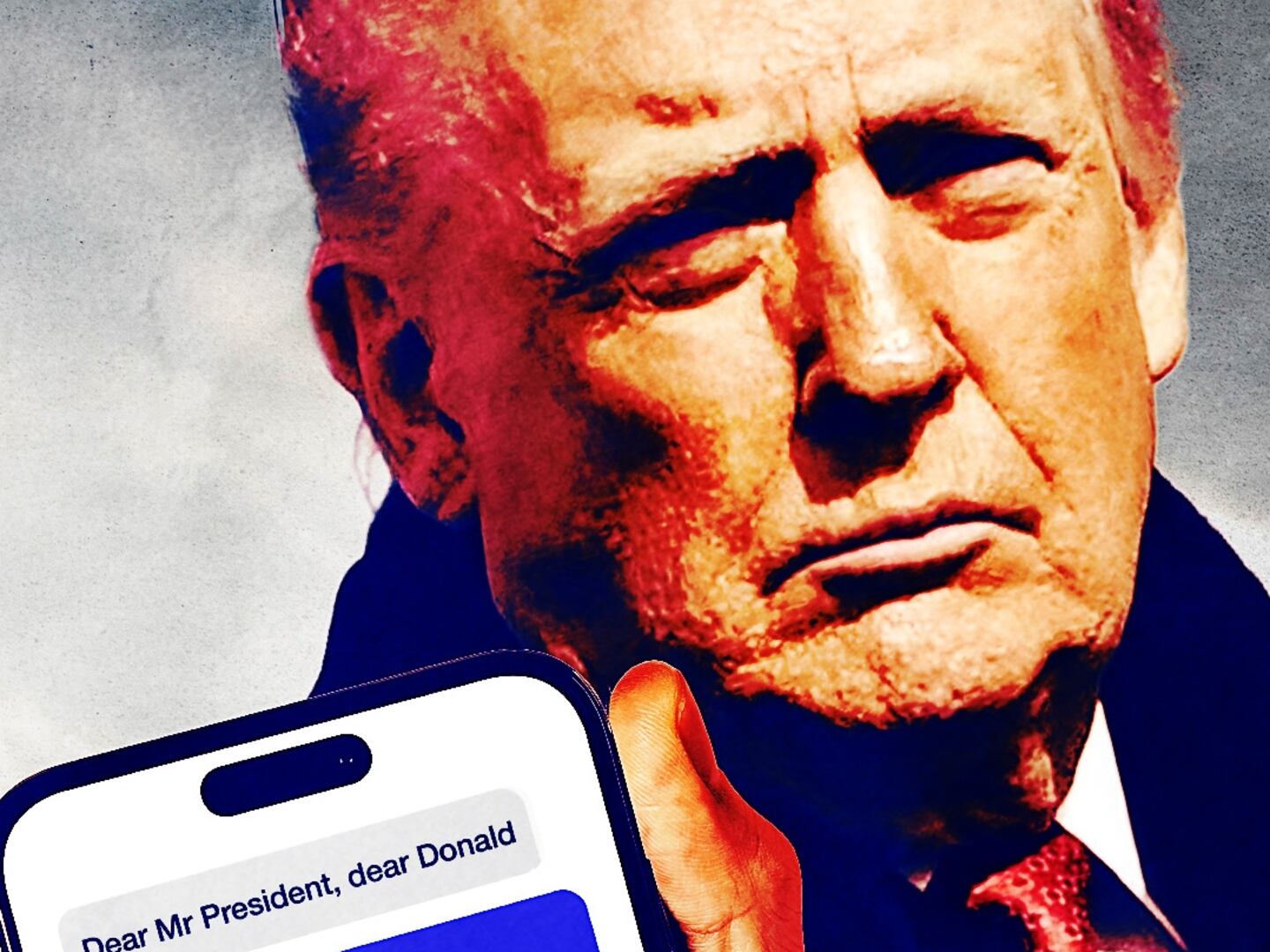The Securities and Exchange Commission is examining whether Elon Musk and his brother, Kimbal, committed insider trading violations, according to unnamed sources cited by The Wall Street Journal.
The report alleged that in November Kimbal Musk sold 88,500 shares of Tesla stock worth $108 million—about 14 percent of his holdings—just a day before company CEO Elon Musk conducted a Twitter poll asking if he should sell 10 percent of his shares in the electric carmaker.
“I will abide by the results of this poll, whichever way it goes,” Elon said then.
The central question is whether Kimbal Musk was tipped off about the poll in advance. At the time of his stock sales, Tesla was trading close to an all-time high. The company’s stock has since dropped more than a third.
In an email to the Financial Times, Elon Musk denied giving his brother a heads up and said that Tesla's lawyers were clued in before he posted the poll.
“Kimbal had no idea I was going to do a Twitter poll... The idea that I would care about whether my brother might sell shares for a few million dollars less when my Twitter poll caused my own share sale to be over a billion dollars less is utterly absurd,” he wrote, referring to stock sales he also made in November. He blamed the investigation on an enforcement official at the SEC “grinding his very tiny axe yet again.”
Kimbal Musk did not immediately responded to a request for comment. A spokesperson for the SEC declined to comment.
In recent days, Musk has sounded off against the government agency. “I didn’t start the fight, but I will finish it,” he wrote in reply to a thread on Wednesday speculating baselessly about whether he is building a corruption case against the commission.
He also agreed with another poster claiming that the SEC is “colluding” with Wall Street hedge funds.
The animosity traces to 2018, when Musk sparked a firestorm after abruptly tweeting that he was considering taking the company private at a price $420 per share, seemingly a wink at the number most often associated with marijuana.
The SEC investigated whether the billionaire actually had “funding secured,” as he claimed. It ultimately reached a fraud settlement with him, which included $40 million in penalties and forced him to step down as chairman, among other requirements.
The initial complaint alleged that, “in truth, Musk knew that the potential transaction was uncertain and subject to numerous contingencies.”
His lawyers have since claimed the initial tweet was indeed truthful, citing the potential backing of the Saudi Arabian sovereign wealth fund. Additionally, they have claimed that the SEC has unfairly targeted him with repeated inquiries and leaked information about its investigative process.
Earlier this week the billionaire commended the Department of Justice for targeting a frequent thorn in his side: short-sellers who have bet for years that Tesla’s stock is overvalued.
In an interview with CNBC, he used the opportunity to once again swipe at the commission. “This is something the SEC should have done, but, curiously, did not.”
Musk also made headlines this month over new filings that showed he donated $5.7 billion to charity in November, the same month as his Twitter poll.
His acolytes celebrated the news as proof of his generosity, while some experts raised concerns about the lack of transparency over where that money will go, and whether the billionaire is simply affording himself a massive tax write-off by giving to a donor-advised fund.
“The way that the tax law is structured today… there’s no requirement for that money ever to get to the community. You can give money to a donor advised fund and keep it in a tax-free investment account forever,” fellow billionaire John Arnold told the Associated Press.







